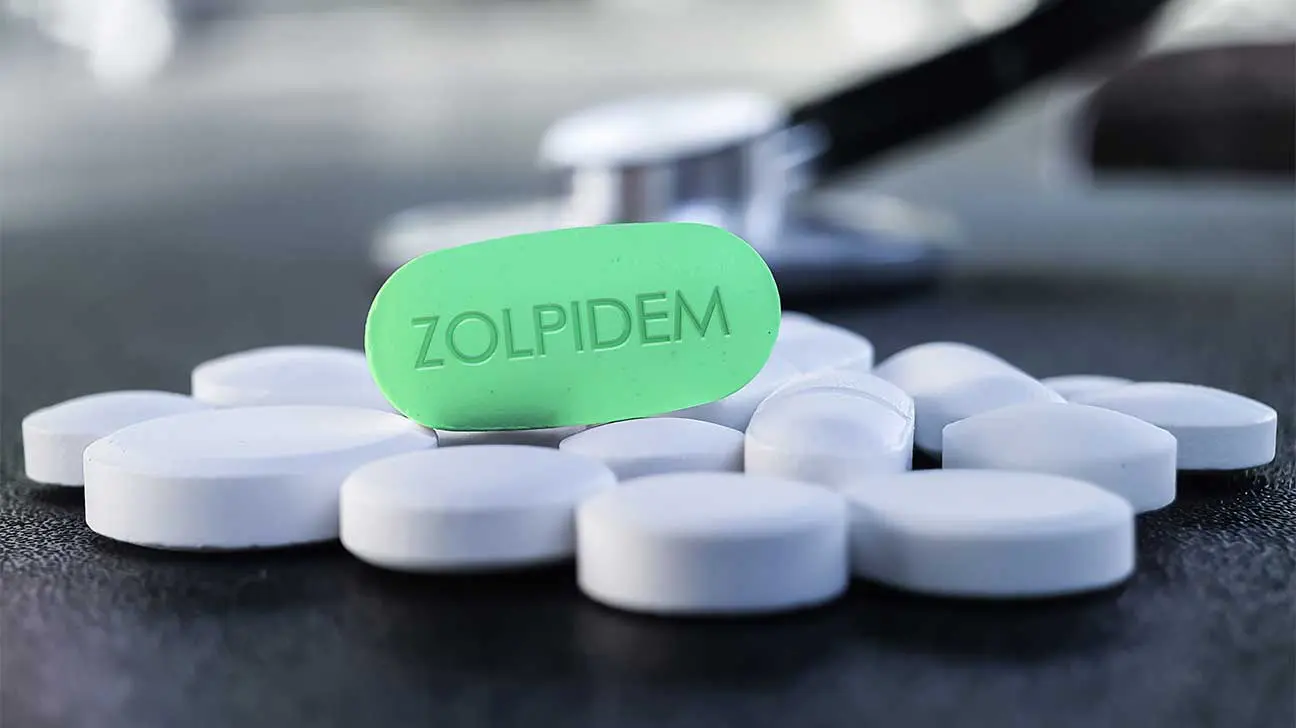
Putting Ambien up the rectum is considered one of the more taboo methods of substance abuse. Often referred to as ‘plugging’, rectal administration of a drug carries numerous unwanted and dangerous side effects.
Some individuals struggling with addiction claim that plugging is a safer route of administration (ROA) when compared to intravenous (injecting) drug use because it decreases the chance of injection site infection or risk of contracting diseases like HIV and hepatitis.
However, there are significant risks associated with plugging, including:
- diarrhea
- ulcers
- damage to tissue/membranes
- malfunction of the bowels
- infections
Damage to the membranes in the rectum increases the risk of sexually transmitted infections due to open wounds, or the need for a colostomy bag.
Plugging is also referred to as: shelving, boofing, butt chugging, or shafting.
Ambien Plugging: Why Do People Do It?
In addition to the belief that plugging Ambien is safer than injecting it (it’s not), some believe that rectal administration will make the euphoria and ‘high’ last longer than smoking, snorting, or swallowing the drug.
Research does not support this belief. Studies have shown the absorption rates of substances administered rectally were similar to that of swallowing. Data has revealed that there is a potential for higher bioavailability through plugging.
Some studies have found that rectal administration allows some drugs to kick in quickly, however, the effects of the drug fade quickly as well.
The more a medication is prescribed, the higher the rate of abuse is for that drug. Ambien is one of the most commonly prescribed medications in the United States, and it also has high rates of abuse. Not to mention, this specific drug has been getting a lot of attention for some of its side effects.
About Ambien
Ambien is a sleeping pill prescribed for the treatment of insomnia and is the brand name of generic medication, zolpidem. Ambien is one of three ‘Z-drugs‘ — zolpidem (Ambien), zaleplon (Sonata), and eszopiclone (Lunesta).
The Z-drugs are prescribed more often than benzodiazepines, like Ativan or Valium, to treat insomnia because it was previously believed they don’t cause as much next-day drowsiness and they are less addictive than benzodiazepines.
However, there is evidence that neither is true.
When prescribed, there is a disclaimer that people should take Ambien as short-term as possible. Over time, Ambien can stop helping people fall asleep and lead to an increased risk of developing dependence and addiction. Continuing to use Ambien after a prescription is gone is considered drug abuse.
Signs Of Ambien Abuse
Abusing Ambien has been trending in online forums, such as Reddit. This specific forum allows a person to post, comment, and rank stories posted by users. Many individuals report negative consequences of abusing Ambien.
From 2005 to 2010, the number of people visiting emergency rooms due to Ambien reactions went up over 200 percent. Most often, people were reporting experiencing hallucinations, agitation, sleepwalking, and drowsiness during daytime activities.
Some specific documented reports of severe side effects of Ambien include:
- 45-year-old male with no history of violence murdered his wife with no recollection
- 62-year-old female with no history of violence murdered her husband
- sleep-eating in which a person gained 50 pounds over 12 months
- a California woman hit a pedestrian while driving on Ambien
While these situations are not typical, they did happen — usually after taking at least two doses of Ambien before they occurred.
Some more common symptoms of Ambien abuse are:
- bizarre behavior with no recollection
- sleep activities
- increased or hyper-sexual behaviors
- impaired mobility
- blackouts
- aggravation
- being more uninhibited than normal
The strange and dangerous behaviors of people taking Ambien were enough for the U.S. Food and Drug Administration (FDA) to mandate a dosage reduction in some people who were prescribed Ambien.
Dangers Of Plugging Ambien
In addition to the risks of abusing Ambien, there are additional dangers associated with plugging Ambien, such as:
- tears in the colon
- being unable to control bowel function
- bleeding rectally
- infections in the lining of the rectum
- pain in the area of administration
- blood flow impairment
Ambien Overdose
Inserting a pill can introduce problematic bacteria into the area, as well as transfer fecal matter to areas outside the body, increasing the possibility of infection. Dissolving the pill in water and using an oral syringe can increase the risk of tearing or perforation of the thin membrane in the anal cavity.
Treatment For Ambien Abuse
It is important to seek substance abuse treatment if you or a loved one is abusing or is addicted to Ambien. This sedative-hypnotic non-benzodiazepine carries a variety of dangerous side effects, some with permanent consequences.
If you or a loved one is plugging Ambien, please reach out to us today. We can help you find a program that will help explore the nature of addiction, and how to help you move forward in a healthy way. We are waiting to hear from you.
Addiction Resource aims to provide only the most current, accurate information in regards to addiction and addiction treatment, which means we only reference the most credible sources available.
These include peer-reviewed journals, government entities and academic institutions, and leaders in addiction healthcare and advocacy. Learn more about how we safeguard our content by viewing our editorial policy.
- Atlantic — Ambien: The Good, the Bad, the Reality
https://www.theatlantic.com/health/archive/2013/06/ambien-the-good-the-bad-the-reality/276955/ - Journal of the American Academy of Psychiatry and the Law — "I Did What? Zolpidem and the Courts
http://jaapl.org/content/39/4/535.long - Primary Care Companion for CNS Disorders — Two Cases of Zolpidem-Associated Homicide
https://www.ncbi.nlm.nih.gov/pmc/articles/PMC3505131/


